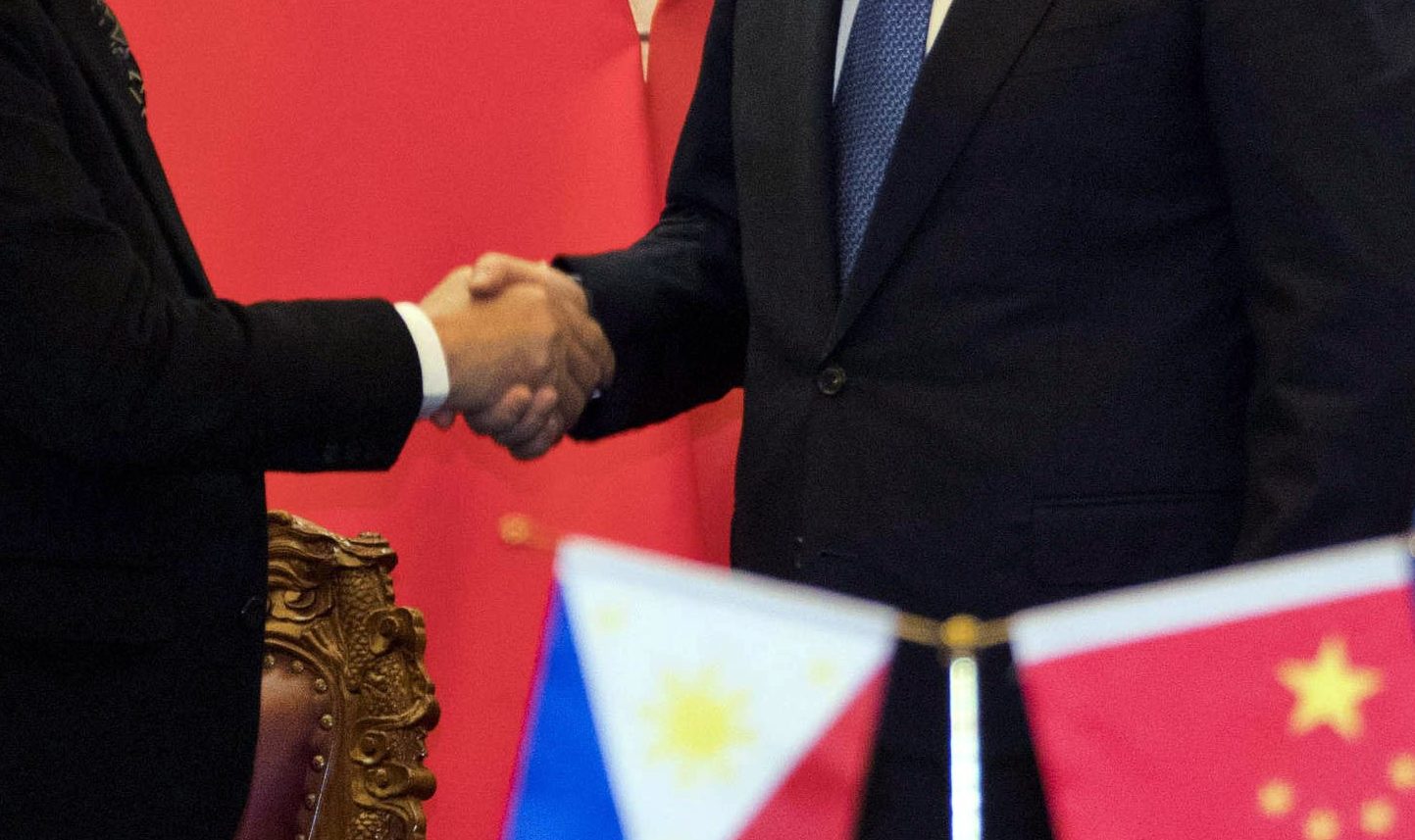Philippines ‘fully trusts’ China to comply with terms of loan deal
MANILA, Philippines – The Department of Finance on Wednesday said it “fully” trusts China that it would comply with the provisions in the P3.2-B Chico River Pump Irrigation Project following criticisms that the multi-billion loan was “onerous” for the government.
The loan agreement, signed on April 10, 2018, stated that “in case of default by the Philippines in repayment of the loan, China can seize, to satisfy any arbitral award in favor of China, ‘patrimonial assets and assets dedicated to commercial use’ of the Philippine government.”
Under the loan agreement, any disputes that could not be settled through “friendly consultation” would have to go under arbitration.
If China wins the arbitration in Beijing, the ruling would still have to be validated by Philippine courts before it can be enforced.
“This way, we will be protected from any unfair treatment during the arbitration,” Finance Undersecretary Bayani Agabin said.
Article continues after this advertisementBut will China comply with this provision?
Article continues after this advertisement“We fully trust China to comply with a loan agreement which they signed, in the same way as they trust us to comply with a loan agreement which we signed,” Finance Undersecretary Mark Dennis Joven said in an economic briefing in Malacañang.
“China agreed to it… so it’s in the loan agreement… We showed to you that particular provision in the loan agreement. So, I guess we rely on the good faith of China to comply with the provisions of a loan agreement which they signed,” he added.
Former Bayan Muna Muna Rep. Neri Colmenares said the loan agreement was “onerous and highly favors China” while Senior Associate Justice Antonio Carpio said Beijing could seize gas in the resource-rich Reed Bank, saying it falls under the category of “patrimonial assets and assets dedicated to commercial use.”
READ: Palace: Onerous provision in Chico River Project loan just standard
But Finance officials have dismissed the concerns regarding the loan, saying the Philippines have never reneged on its obligation to pay its loans.
“The Department of Finance challenges critics to look and study the Philippines’ credit history. If you look at it, we’ve never had a history where we renege on our obligations, even during the most difficult times,” Agabin said.
“The government is responsible in managing the country’s debts, be it external or internal,” he added.
Waiving sovereign immunity
Joven said the provision on the waiving of “sovereign immunity” stated in the deal was a standard in all loan agreements.
“We only waive sovereign immunity only in so far as the arbitration proceedings and the enforcement of the arbitral award. So we do not waive sovereign immunity if it does not relate to the arbitral proceedings or the arbitral award,” he said.
Joven cited Article 8.6 of the agreement, saying that the arbitral award could only be recognized by the Philippine government if it was “not obtained through collusion or fraud, and such award was not based on a clear mistake of fact or law.”
If it “is contrary to the public policy of the Republic of the Philippines, then it can never be enforced,” Joven said.
But assuming that there would be a dispute, which underwent arbitration, Joven said: “Eventually, you need to go to Philippine law to seek your answers.”
“You cannot rely on Chinese law especially in the definition of what is a government asset or what is a public asset,” he said./ac
